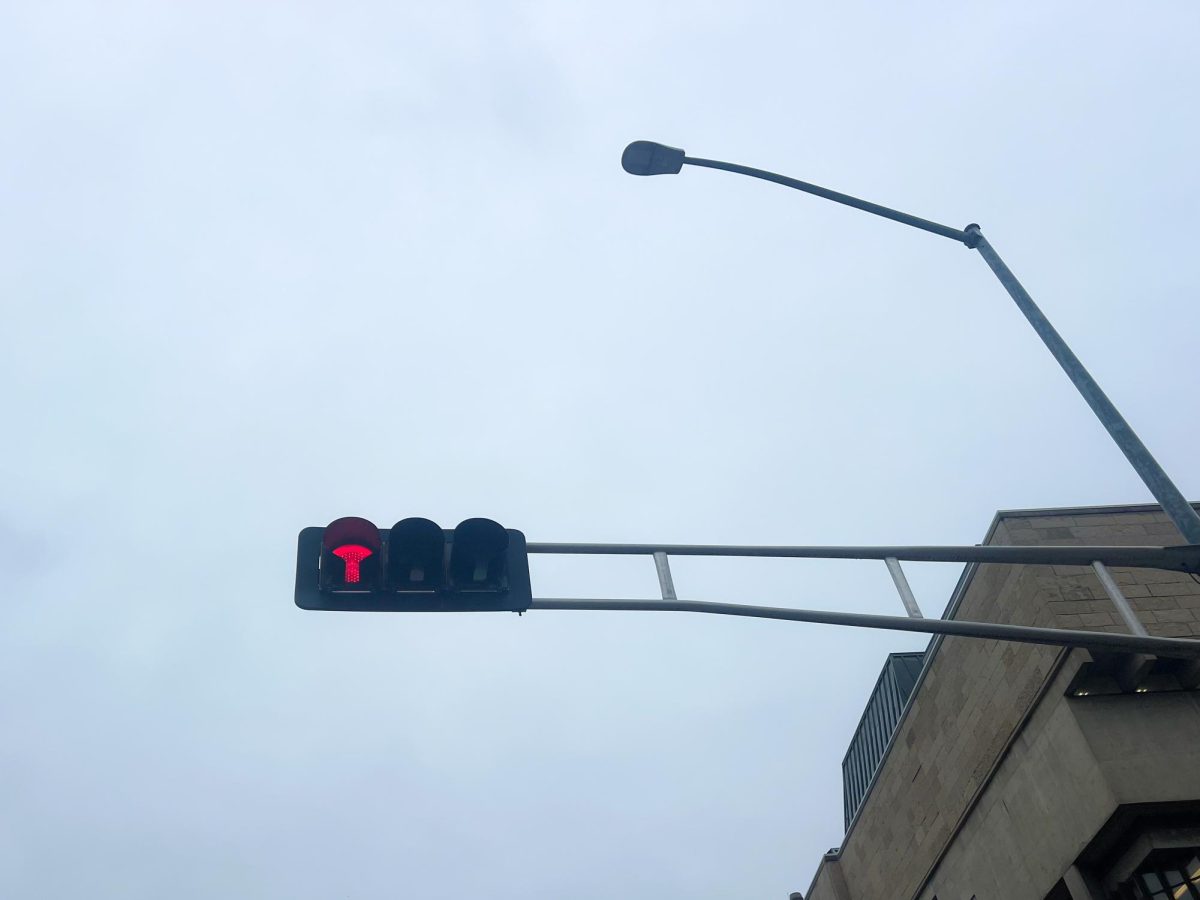
After several days of closed negotiations and speculation, a group of City Council members revealed a plan for the Overture Center for the Arts’ financial recovery they hope will gain enough votes from alders previously on the fence.
At an open meeting Tuesday, City Attorney Michael May explained the new model, the fourth Overture-related proposal in the last several months. Under the proposal, Overture’s private fundraising arm, the 201 State Foundation, would own and operate Overture.
201 State’s ownership of Overture would be contingent on their financial and operational performance under the new financial model. The proposal also says the city could provide Overture with capital funds through a mortgage if needed in the future.
The work group has not taken any votes on the proposal, which they will likely submit for a final vote at a December 14 City Council meeting. In the meantime, alders and representatives from Overture and 201 State will meet to make any changes necessary for the proposal to advance through the council with support from Overture’s side as well.
The decision to present donors and members of 201 State with the new proposal came near the end of the work group’s negotiation process, work group member Ald. Mike Verveer, District 4, told The Badger Herald.
According to Verveer, the work group was close to making what he called a “phenomenal” decision on a different, publicly-focused model, but late Monday night members of the group realized the plan would not gain enough support in the full council.
“We wrote down on a board which alder would vote for what proposal, and what was presented was the version that had two more votes [than the initial proposal],” Verveer said. “There are different levels of support for this proposal…it’s still far from a done deal.”
However, City Council President Ald. Mark Clear, District 19, said the city will still be interested in Overture despite the possible adoption of a private plan.
“I think there’s an understanding that even if we don’t own the building, we still have an interest in the building,” Clear said.
Earlier this year, Mayor Dave Cieslewicz proposed the city buy Overture for $1 while maintaining operating costs in what was called the “focus model.” After that model failed to achieve widespread public and political support, Clear proposed a “private-private” ownership model in November.
A third model from Alds. Shiva Bidar-Sielaff, District 5 and Chris Schmidt, District 11, would make the Madison Cultural Arts District board Overture’s owner after forcing all current board members off the body. Many public union members supported that model, but 201 State rejected it.
Members of public unions are unlikely to support the new proposal, Verveer said. One worker walked out of the work group’s presentation of the new model.
Cieslewicz said he continues to support the previously endorsed focus model because he believes it could reduce costs and help public Overture workers.
“I continue to think the focus model…is best,” Cieslewicz said. “I also feel that the city is essentially the de facto owner anyway…We should just recognize that and own facility from the beginning and that allows us more leverage and allows us to provide more protection to the workers.”












